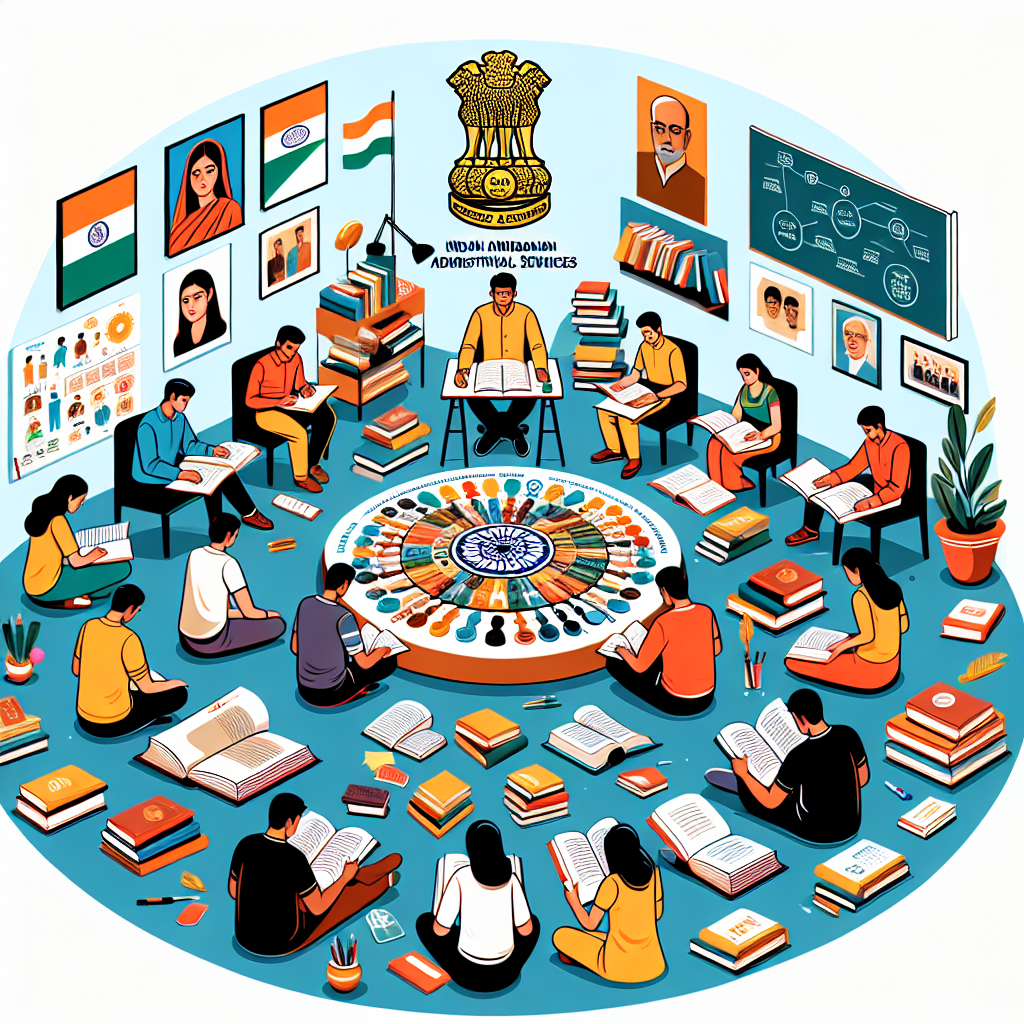Rapid Soil Assessment Advancements: IIT Kharagpur and ICRISAT Validate DRS Model
Researchers from IIT Kharagpur and ICRISAT have validated the Diffuse Reflectance Spectroscopy (DRS) model for rapid, non-invasive soil assessment. The DRS approach showed up to 80% accuracy for 8 out of 17 soil parameters, presenting a cost-effective alternative to traditional wet chemistry-based methods and paving the way for standardized soil testing.

- Country:
- India
A recent study by IIT Kharagpur, in collaboration with the International Crops Research Institute of Semi-Arid Tropics (ICRISAT), has validated the effectiveness of the Diffuse Reflectance Spectroscopy (DRS) model for rapid soil assessment.
The DRS approach demonstrated an impressive accuracy of up to 80% for estimating 8 out of 17 soil parameters, the institute announced on Thursday.
According to years of research from the Agricultural and Food Engineering department at IIT Kharagpur, the DRS model offers a rapid and non-contact mode of soil assessment, countering the time-consuming and costly traditional wet chemistry-based methods used in conventional soil testing laboratories.
The DRS technology, once calibrated with spectral algorithms, allows for the fast analysis of soil samples from various fields and different sampling times. The non-invasive method eliminates the need for chemicals, ensuring an efficient multiparameter assessment.
Professor B.S. Das from IIT Kharagpur highlighted the significant opportunity provided by the partnership with ICRISAT, with over 60% of new samples estimated with more than 70% accuracy. Dr. Jacqueline Hughes, Director General of ICRISAT, reaffirmed their commitment to advancing cost-effective alternatives through this pioneering research.
This advancement supports making soil testing feasible via remote sensing, as IEEE Standards Association works towards standardizing soil spectroscopy as a universal soil testing method.
(With inputs from agencies.)










